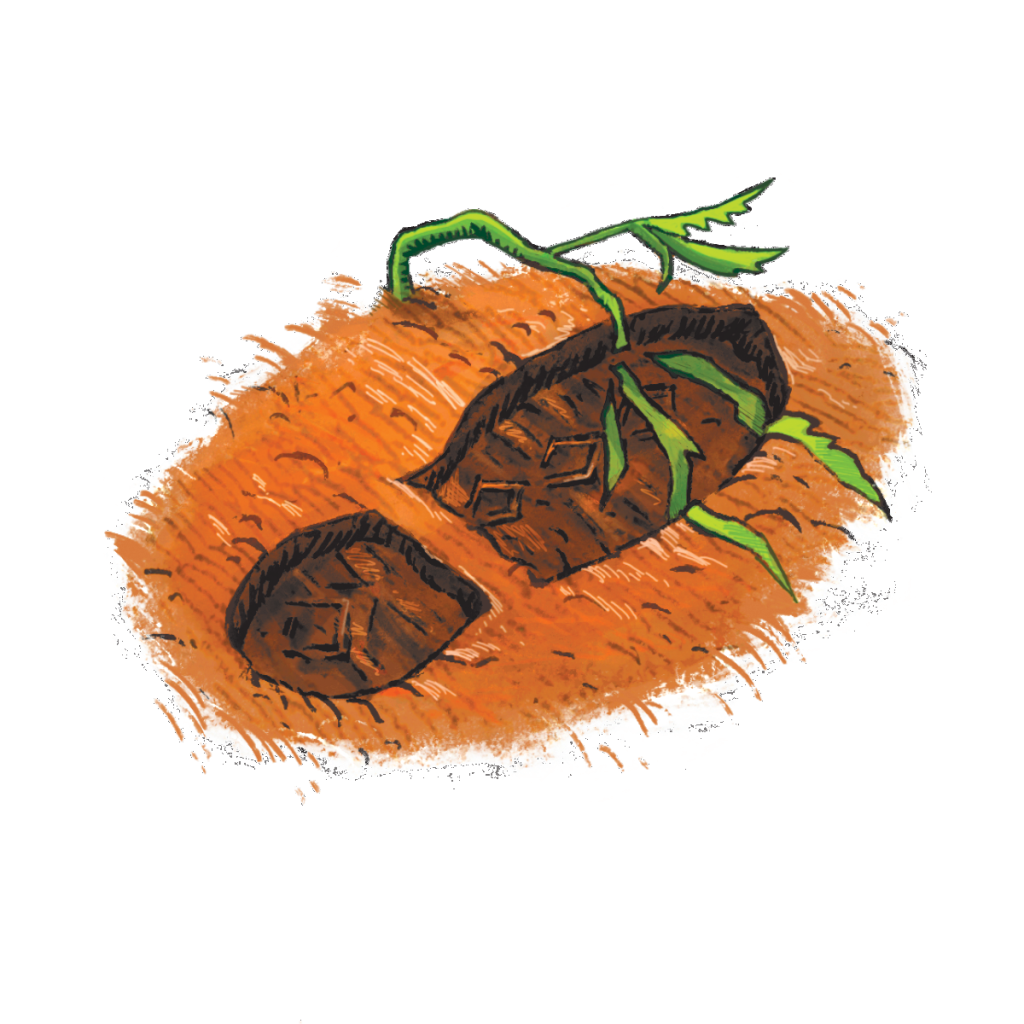
On this day, whichever day you are reading this, it is important as ever to remember that although Black people account for about 13% of the US population, they make up almost 40% of the incarcerated population. The disparities get wider when we consider the War on Drugs: Black people are nearly four times more likely than white people to be arrested for cannabis possession, despite using at slightly lower rates.
In 2009, Raquel Baker, 33, was in a car accident where she suffered traumatic brain injury and was pronounced dead on scene. Medical marijuana has always been important to her: it helps with her spasticity, reduces her migraines, and helps calm her nerves. As someone who has struggled with substance use almost all her life, medical marijuana also provides her with an outlet. “This is what works for me. I don’t want to take meds and I don’t want to be on anything else,” she expressed.
For Baker, a mixed-race mother of two who’s been involved with the courts since she was a child, keeping her medical marijuana license was no easy task. In 2014, she entered drug court, a program designed as an alternative to incarceration to help participants with substance dependency problems – but here, medical marijuana was not allowed. “For two years, I kept restarting the program because I kept relapsing on harder substances, because those come out of my system a lot faster than cannabis.”
“But I kept advocating for it,” said Baker. The first judge almost removed her from the program just for requesting a medical marijuana license. When her assigned drug court judge changed, she gathered all of her information from medical marijuana practitioners, doctor’s letters, and evidence of her participation in activism groups. She presented this to the judge and finally, was approved to have her medical marijuana license while in the program.

Things were looking up – until she was assigned another new judge, who did not allow her to keep her license and her child. The road to recovery is never easy: between reduced visitation hours with her child, delays in her court date, and an abusive boyfriend, Baker relapsed. “For no reason should people not be allowed to have their [medical marijuana] license and their child,” she said. Baker became pregnant again and used throughout the pregnancy. “I regret it all the time.”
Baker checked herself into SSTARbirth, a substance abuse treatment program for women and mothers, to flee her abuser. Here, she met with Pawtucket Representative Cherie Cruz, who changed her life. “[Cherie] told me that what the judge was doing with my medical marijuana license was not okay,” Baker recounted, “and if I came forward and testified, I could help hundreds of other girls in similar situations.”
As cannabis has become legalized for recreational use in 24 states, more and more people have been wondering what would happen to their pre-legalization records. In 2022, the Senate democrats introduced the Cannabis Administration and Opportunity Act, which allows the expungement of all federal non-violent cannabis convictions. Recently, in December 2023, President Biden expanded a presidential pardon of federal convictions of simple possession and use of marijuana. However, there are still many barriers that could affect BIPOC individuals disproportionately, beginning with the exclusion of those convicted under state law.
Since graduating from drug court in the last year, Raquel Baker has been working at PVDFlowers, Rhode Island’s first BIPOC worker-run dispensary co-op. “I’m going to become the best budtender in Rhode Island!” Baker laughed. She has been buying books and educating herself on cannabis, and wants to help people the way cannabis has helped her. “I’ve always said – PVDFlowers, this is where people can get their lives back again. PVDFlowers is about getting your life back.”